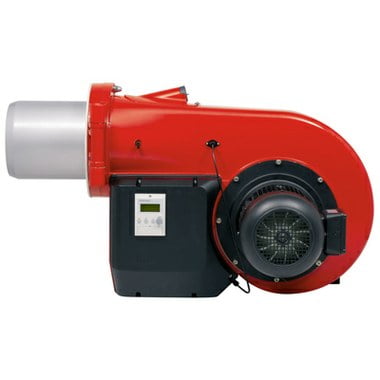
The Burning Truth: How Industrial Burners are Fueling a Sustainable Future
While traditionally associated with fossil fuels and emissions, the landscape of industrial burners is undergoing a significant transformation. Contrary to popular belief, these workhorses of many industries are increasingly contributing to a more sustainable future through innovative technologies and cleaner fuel options. Let’s explore how industrial burners are rewriting their narrative and embracing a greener tomorrow.
1. Efficiency is Key: Modern burners are designed with advanced combustion technologies that significantly improve fuel efficiency. Precise control systems optimize fuel-air ratios, reducing waste and minimizing greenhouse gas emissions. This translates to lower operating costs and a smaller environmental footprint.
2. Embracing Cleaner Fuels: The move towards renewable and low-carbon fuels like biogas, hydrogen, and biofuels is gaining momentum. These alternatives offer significant sustainability benefits, reducing reliance on fossil fuels and their associated emissions. Burner manufacturers are actively developing models compatible with these cleaner fuels, paving the way for a greener future.
3. Minimizing Emissions: Advanced technologies like low NOx burners are significantly reducing nitrous oxide emissions, a key contributor to ground-level ozone and smog. Additionally, catalytic converters can further reduce harmful emissions, ensuring cleaner air and a healthier environment.
4. Waste Heat Recovery: The heat generated by industrial processes often goes to waste. But innovative heat recovery systems are capturing this heat and utilizing it for other applications, reducing energy consumption and dependence on traditional forms of heating. This not only saves energy but also reduces overall CO2 emissions.
5. Smart Automation & Monitoring: Digitalization and data-driven insights are playing a crucial role in optimizing burner performance and minimizing emissions. By constantly monitoring combustion processes and adjusting parameters in real-time, intelligent systems ensure efficient fuel utilization and reduce waste.
6. Circular Economy Principles: Manufacturers are increasingly focusing on designing burners with sustainable materials and practices, such as using recycled content and adopting circular economy principles. This minimizes waste throughout the product lifecycle and contributes to a more sustainable manufacturing process.
The Road Ahead:
While significant progress has been made, the journey towards truly sustainable industrial burners is ongoing. Continued research and development in cleaner fuel technologies, advanced combustion systems, and efficient heat recovery strategies are crucial. Collaboration between manufacturers, policymakers, and end-users will be essential to pave the way for a future where industrial burners contribute to a greener and more sustainable world.
Remember:
- While advancements are undeniable, challenges remain. Continued effort and innovation are crucial for fully realizing the sustainability potential of industrial burners.
- Choosing sustainable fuel options and prioritizing efficiency are critical steps towards a greener future.
- Supporting manufacturers implementing sustainable practices empowers the shift towards a more responsible industry.
By understanding the contributions of industrial burners to sustainability and recognizing the ongoing efforts for further improvement, we can all play a part in creating a cleaner and more sustainable future for generations to come.
